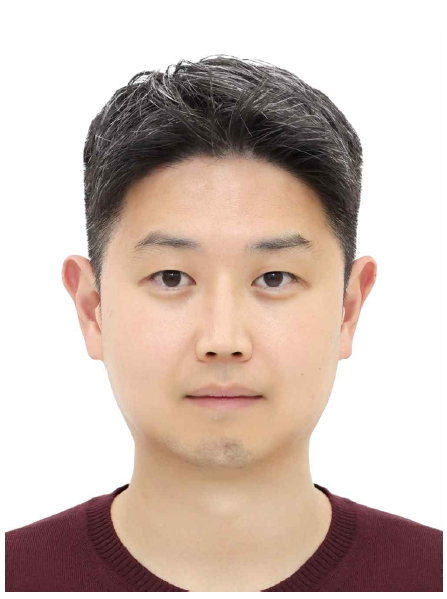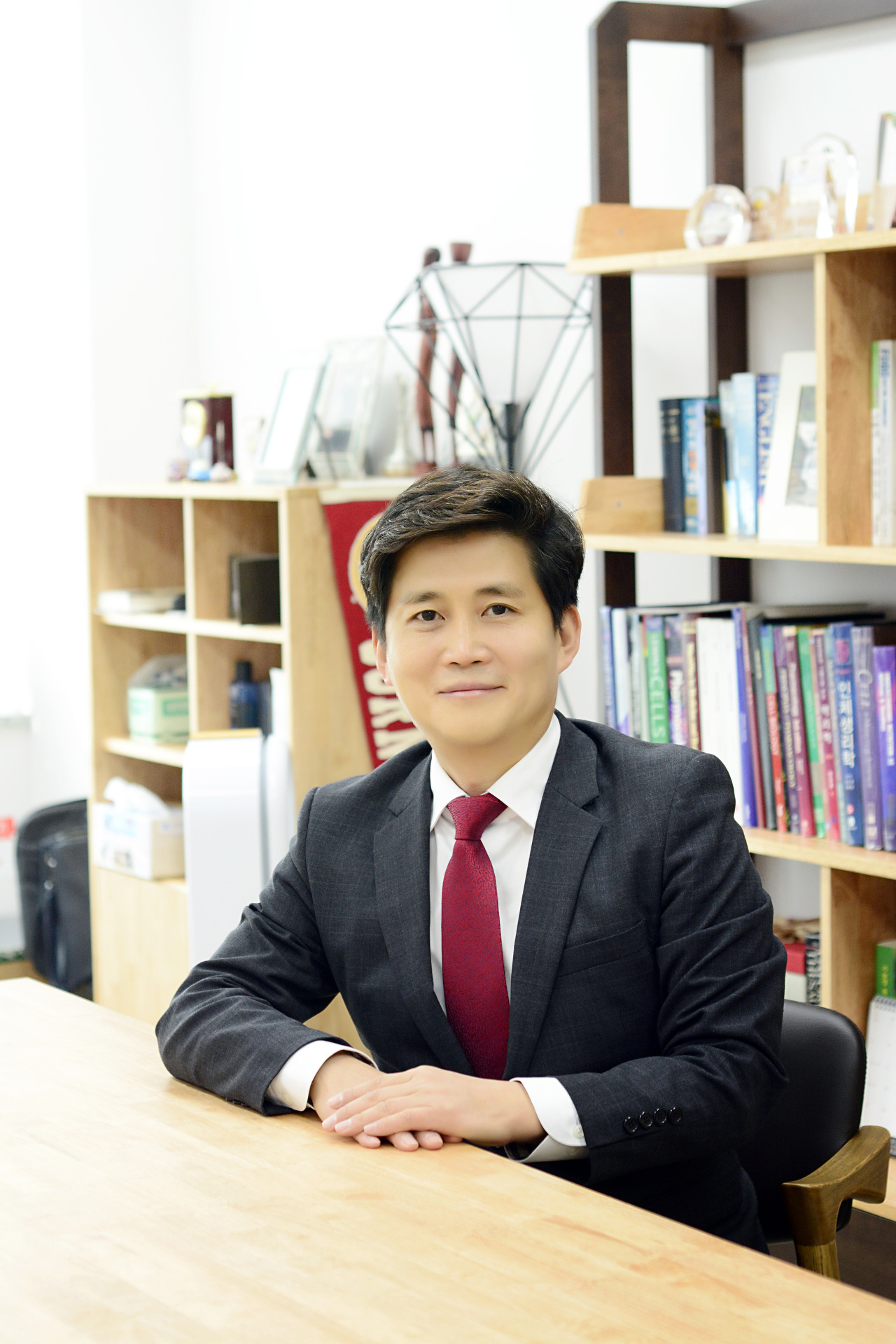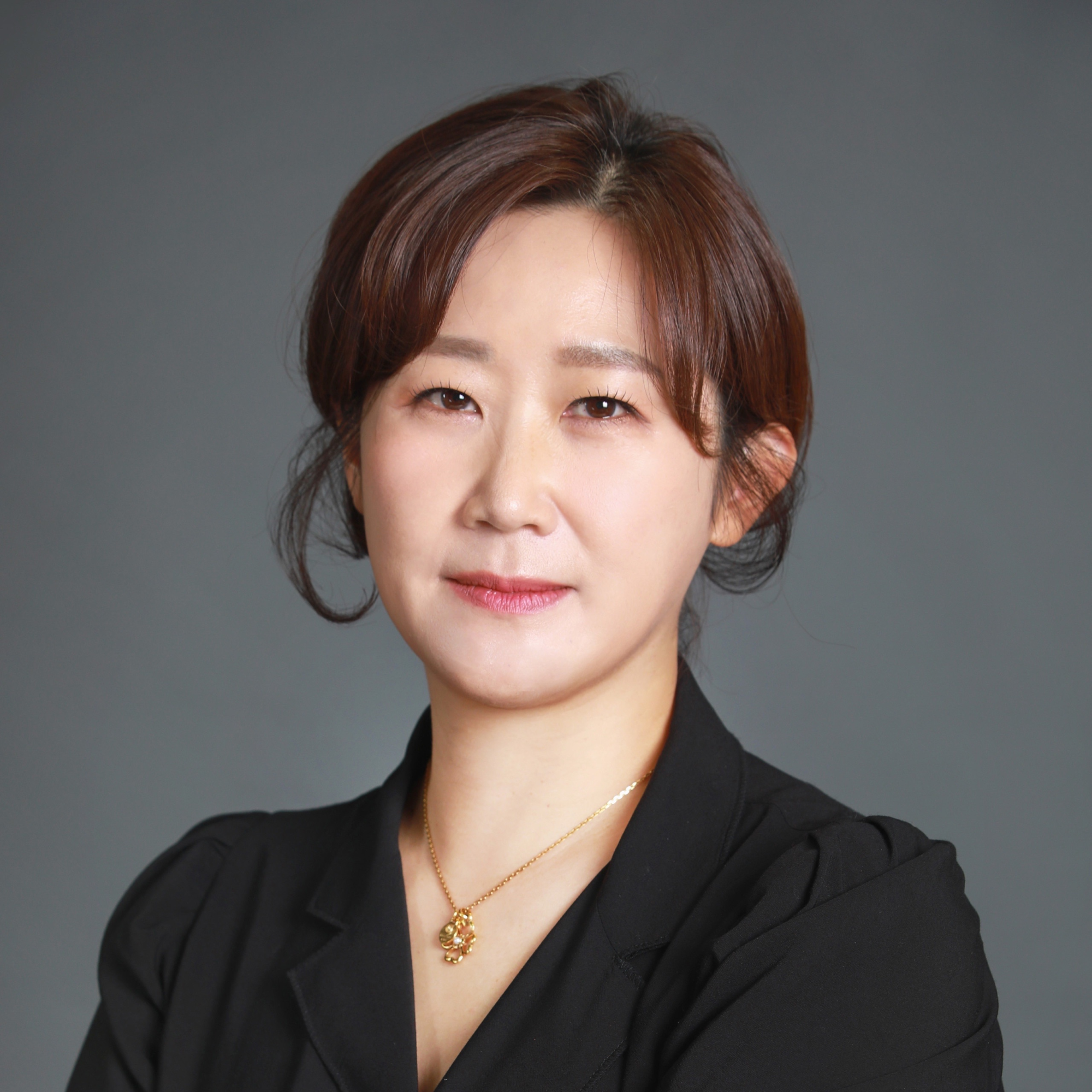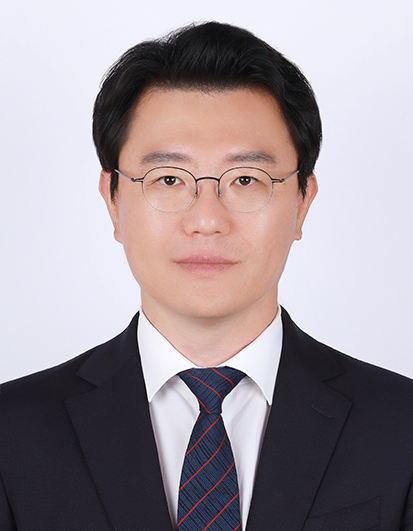[Brief Introduction of Seminar]
1. Artemisi gmelinii has been shown to enhance immune function by activating natural killer (NK) cells and macrophages. This immune-enhancing effect has been demonstrated through both in vitro cell-based assays and various in vivo animal studies. Furthermore, Artemisi gmelinii has been fully developed as a functional food ingredient, with established raw material standardization, production processes, and safety.
2. To evaluate the potential of the human-derived microorganism Bifidobacterium longum (B. longum) as an individually approved functional ingredient, its immune-enhancing activity was assessed using both cell-based models (splenic NK cells and RAW 264.7 macrophages) and immunosuppressed animal models (CP-induced and FS-induced immunosuppression models). B. longum effectively enhanced NK cell and macrophage activity in the cell-based assays. Furthermore, in the immunosuppressed animal models, it improved immune-related indicators and modulated the composition of the gut microbiota.
[Brief Introduction of Speaker]
Dr. Hee Soon Shin, from the Aging Research Group, Food Functionality Research Division at the Korea Food Research Institute, conducts research centered around three core keywords: FOOD, IMMUNITY, and HEALTH. Specifically, his work focuses on elucidating the functional roles and underlying immunomodulatory mechanisms of foods and natural materials in maintaining immune homeostasis disrupted by various factors such as environmental pollutants, irregular dietary habits, and aging. His research covers a wide range of immune-related functionalities, including immune enhancement, regulation of autoimmune responses, suppression of chronic inflammation, alleviation of allergic reactions, and promotion of respiratory health. These studies are expected to contribute to "IMMUNE HEALTH" through industrial applications such as the development of functional foods.





















